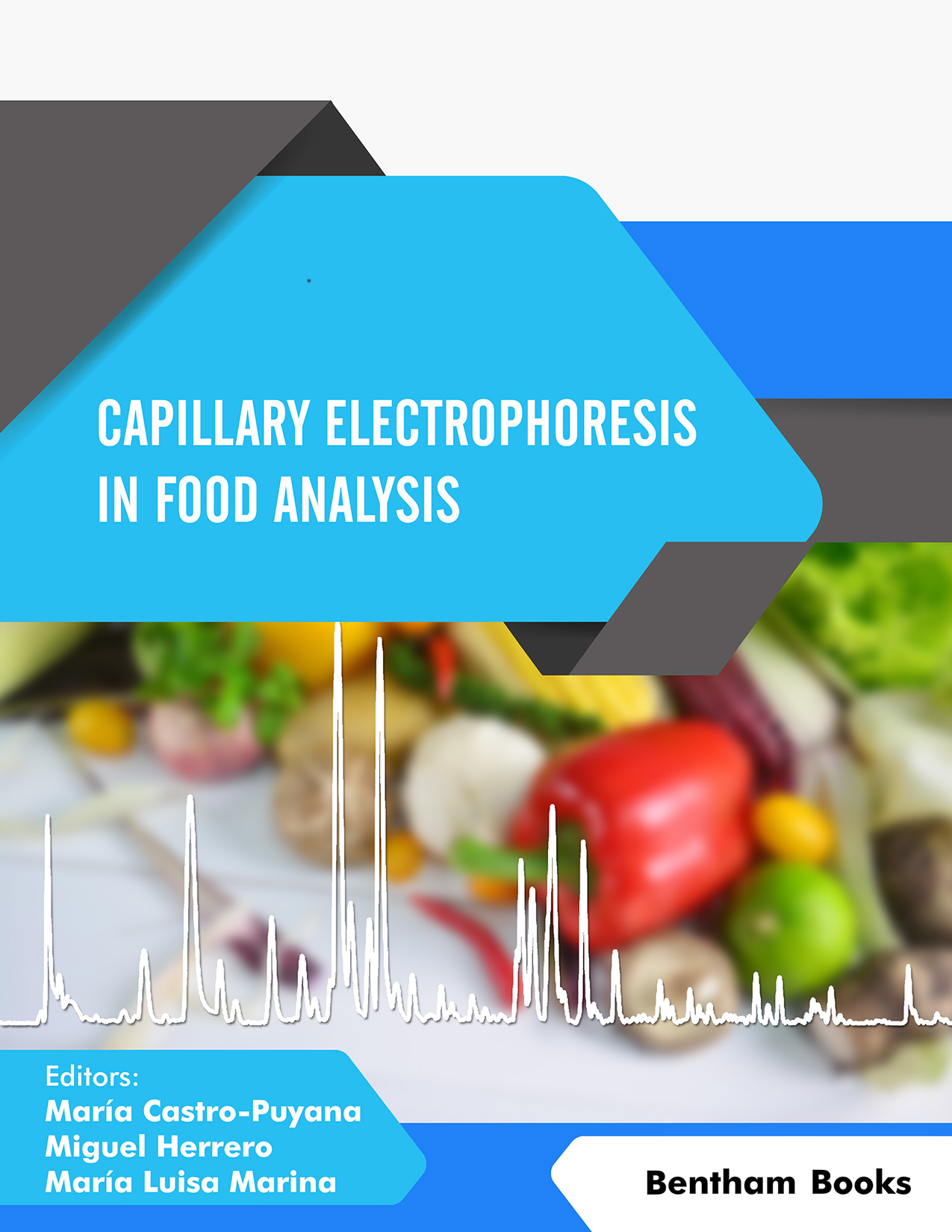Introduction
This reference describes recent advances and applications of capillary electrophoresis in the field of food science. The first two chapters are devoted to the fundamentals of capillary electrophoresis, and to the main sample preparation techniques used for food analysis using this miniaturized separation technique, respectively. These two introductory chapters are followed by several chapters focused on the different strategies for analyzing specific food components, including lipids, carbohydrates, proteins, peptides, amino acids, vitamins, polyphenols, and food additives.
The information provided in these chapters helps readers to understand and develop appropriate methods to carry out a deep characterization of food samples. Relevant concepts such as food authentication, chemical food safety or the control of the quality and safety of dietary supplements, and food metabolomics are also covered, where appropriate. The big potential of capillary electrophoresis to achieve chiral separations and the determination of enantiomers in food samples or to develop targeted and non-targeted metabolomics strategies to ensure food safety and quality is also described. As an additional step towards analytical miniaturization, a chapter devoted to food analysis by microchip electrophoresis is also included in this book. All 14 chapters are contributed by highly experienced researchers in the field.
Capillary Electrophoresis in Food Analysis is a key source of information for food chemists and analytical chemists in industry (quality control laboratories) and academia (research labs and training courses).

